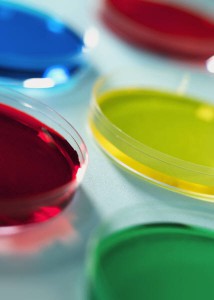
Cryobiology is the study of how low temperatures affect living things. It has been around for thousands of years and lead to many life-saving procedures like cryopreservation of organs at low temperatures for transplant. Immunotherapy has been around for over one hundred years and is used by Issels® immuno-oncology to successfully treat many types of cancer. While transplant organs are stored at cool temperatures, blood, semen and many thin tissues can be maintained practically indefinitely via liquid nitrogen cryopreservation at sub-freezing temperatures. Many living organisms can survive long periods below freezing.
Understanding how some micro-organisms are thriving in the harsh Polar Regions may help researchers develop new cancer treatment techniques.
Arctic study of bacteria may provide new cancer treatments
Shiv Mohan Singh is a cryobiologist and senior researcher with Goa’s National Center for Antarctic and Ocean Research. As a member of India’s first expedition to the Arctic back in 2007, Singh has been studying how some organisms develop survival mechanisms to endure the harsh climate.
They have found that bacteria in Arctic glaciers survive by producing anti-freeze proteins, opening up possible applications in the cryopreservation of blood and organs. One substance that is of particular interest is thelebolan, a derivative from an Antarctic fungus, which has been shown to stall tumor cell growth and induce cell death in cancer lines.
When modern insights and innovations are applied to sciences that have been around for many years, incredible advancements are made in medical treatments. Issels® immuno-oncology uses highly personalized immunotherapy and other non-toxic alternative treatments for cancer. Visit our news blog for the latest advancements in cancer research and contact us to learn more about our integrative immunotherapy treatments.





